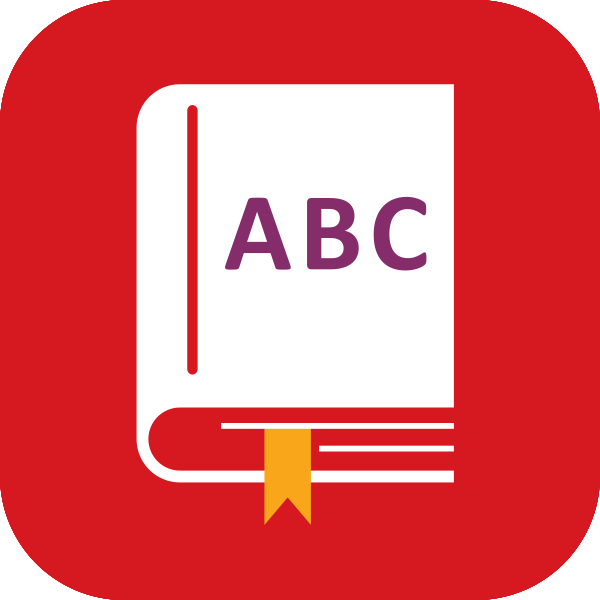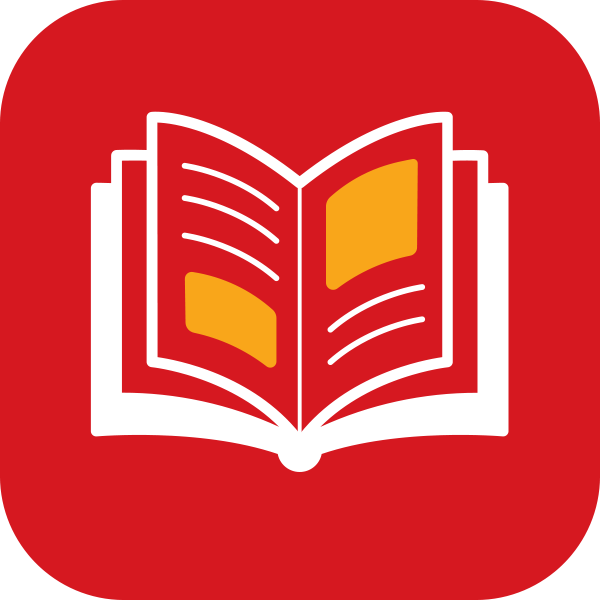Monitoring and guiding students’ reading progress
The school uses a range of Renaissance tools to assess, monitor and guide students’ reading journeys. Lauren Ebsworth, Assistant Primary Principal, explains more:
“We use Accelerated Reader as a motivational tool for our learners. We are very lucky to work with students who are passionate, enthusiastic and curious – so our reading results have always been very solid.
“Accelerated Reader helps us to guide our students’ choices as they move from more prescriptive early years reading into our juniors reading scheme. All of the books on Accelerated Reader are catalogued into Zones of Proximal Development (ZPD), so we can ensure that students are selecting and reading books that are appropriate for their reading level. It also gives our teachers up-to-date information on what each student is reading and from the quizzes we can see how well the children have understood what they are reading – which is a huge benefit as in the past this tracking would have been a time-consuming, manual task.
“Alongside Accelerated Reader, we use the Star Reading assessment which helps us to see the children’s ZPD range and support us in guiding their reading. We use the summary data every half term so that we can see any trends. We triangulate the data with what we are seeing in the classroom to help us identify who is reading and quizzing regularly, who is making progress, where there are peaks and troughs. We look at whether there are points in the year where progress may have stagnated. This all helps teachers to plan their guided reading within the lessons and supports regular library sessions. We order books from Follett who provide reading programme labels, so that really helps our library workflow as we can have the books stickered with the ZPD level, to further guide the children.
“We also use myON which is a digital reading platform that really supports our learners’ book choices, as they can search for their range or theme. Our children have their own one-to-one devices in Years 5 and 6, so using myON is ideal there.
“We have a range of multilingual learners at the school and myON’s ‘read to me’ narration function is really useful for our students who are new to English, so that they can spend the cognitive load thinking about what they've heard, rather than decoding.
“We find that the large range of non-fiction books on myON also supports our wider curriculum. myON promotes student agency; as not only can educators make pathways for the students to access, students can also decide their reading at a level that they comprehend and an interest they would like to follow.”


Using assessment to benchmark and check progress
In the past, the school has administered optional SATs tests in order to moderate themselves internationally, but were looking for alternatives. Lauren explains more:
“We started to explore using GL Education’s Cognitive Abilities Test (CAT4) as part of the placement process for new joiners and then looked at rolling it out more widely alongside other assessments from GL Education. We now use the Progress Test in Maths from Year 1 to Year 6, Progress Test in English from Year 2 to Year 6 and Progress Test in Science with our Juniors.
“What we liked about the GL Education assessments is that they help us to benchmark ourselves against the UK but also against other international schools. This is very useful for our governors – we’re a not-for-profit school and it helped give them an idea of how we are doing internationally.
“We deliver CAT4 in the October of Year 4 and the Pupil Attitudes to Self and School (PASS) survey in the November of Year 6, which provides really useful information for transition into secondary school. We also use other check-in tools to get ongoing wellbeing data.
“We use the New Group Reading Test (NGRT) at the halfway point of each year, in January or February, so that we can check in on how our students’ reading is progressing. It helps us to identify if we've got students who are not making expected progress or if there is a cohort who are not doing as well as they possibly should. It also helps us review the text choices moving forwards. Although we have a planned reading spine, we have flexibility with the modules and can reorder or create new ones to suit different reading trends if we feel change is needed.”
Applying the data to practice
The school now triangulates the data to inform planning, interventions and teaching. Lauren explains more:
“In the primary school, we conduct professional dialogues every term which are a chance for the educators to really talk about their learners. We triangulate a range of data in the meetings and talk about what teachers are seeing in the classroom. We review the summative data, asking questions about what it’s showing – Is the data aligned, and if not, why might that be? – What impact does that have in the classroom?
“The data helps inform any reading interventions that are needed. These could range from small scale actions like extra reading with a teaching assistant to whether a child needs help with a phonics boost.
“We also use the data when our educators are meeting to discuss the next class that they're going to have. We look at what the data is telling us about each student – What might you notice? – How does that appear in the classroom? – How can I support them when they join my class?
“The Accelerated Reader and Star Reading data is used more formatively. It's spoken about more regularly. It's used to inform the books that the students are reading and their reading lessons.
“Our Progress Test in English and NGRT data is useful for tracking progress and, put alongside the Accelerated Reader and Star Reading information, we feel that we've got a really tight handle on our learners as readers, what they need to do and where they need to go.
“We want our children to become proficient and lifelong readers and the data helps us support them to achieve that. Data isn’t going to replace doing the job of an educator – but it’s going to make your job easier and it's going to guide students on their journey much better.”
“ ”

Engaging stakeholders
The school used a gradual process of rolling out the assessments, ensuring staff were kept on board and could see how the data could be used to guide their teaching. Lauren explains more:
“We made it very clear from the outset that the data was not being used for performance management in our school, that's a completely separate discussion. This is to help learners.
“Talking about data regularly has helped – so within those professional dialogues, this gives regular opportunities for the year leaders to move the conversation forward, helping teachers become familiar with terms such as stanine, standardised score, looking at the purpose of the assessments.
“Anything we could do that took the data and informed classroom instruction was very well received. We did a session on reading data and then modelled what that would mean, showing the teachers how the data could inform their classroom practice.
“We have a diverse range of educators in the primary school, which we're really proud of, but we do have new staff join us each year. So that commonality, that shared language of data, is always a really good place to start.”
The impact
Since using the range of Renaissance and GL Education tools to support reading, the school have seen positive responses from parents, a positive impact on workload and a consistency in insights.
“We’ve seen a significant increase in engagement in reading – particularly in Years 3 and 4,” Lauren explains. “Our parents really liked it when we started using Accelerated Reader in Year 3. Some were feeling that after reading book bands for the last three years, their children were demotivated. But Accelerated Reader brings a new life to reading and it’s very new for the students and very fresh.
“The impact on teacher workload is also positive. With the data being so easily accessible and easily filtered, we can look at individual students, groups or classes and quickly gain the insights needed to inform ongoing teaching.
“We now have more consistency in how we assess our learners. When I first arrived, there was a range of papers and tests being used, that didn’t link up. Now we can triangulate our Accelerated Reader and Star Reading data with the Progress Test in English and NGRT, and get valuable classroom insights. For our governors, being able to take data that is standardised and compares us to UK and internationally is also extremely useful.
“Working with Renaissance and GL Education, we know that you are always working behind the scenes to improve, to edit, to make things better. And that is part of education – it never stands still.”
“ ”

In conclusion
Lauren had the following thoughts for leaders in other schools:
“If you want to see an immediate impact to learning, then I would introduce Accelerated Reader because that will inform your library, your schemes, your IT – bringing along the stakeholders of students, educators and parents. It will also have a positive impact on your staff, your workload and it's an accessible way to start looking at reading data.
“For the GL Education assessments and Star Reading, the benefits of having standardised data are wide ranging, allowing you to benchmark your school internationally. If you are a British International School, then you've got that British benchmark as well. If your stakeholders are thinking about universities back in the UK, then you need to understand where students are alongside UK schools. If you have educators that are local staff, then it can also support them in understanding where the students are internationally.
“The data can also help feed school improvement planning, giving pointers to help you continue to improve. The data opens up conversations. What might we need to research? What research- informed practice is out there? How can we innovate to make sure our teaching suits all our learners? What tweaks do we as educators need to put in place?
“Together, the Renaissance and GL Education resources are core pieces in the jigsaw that help us to really understand and know our learners and move them forwards.”


